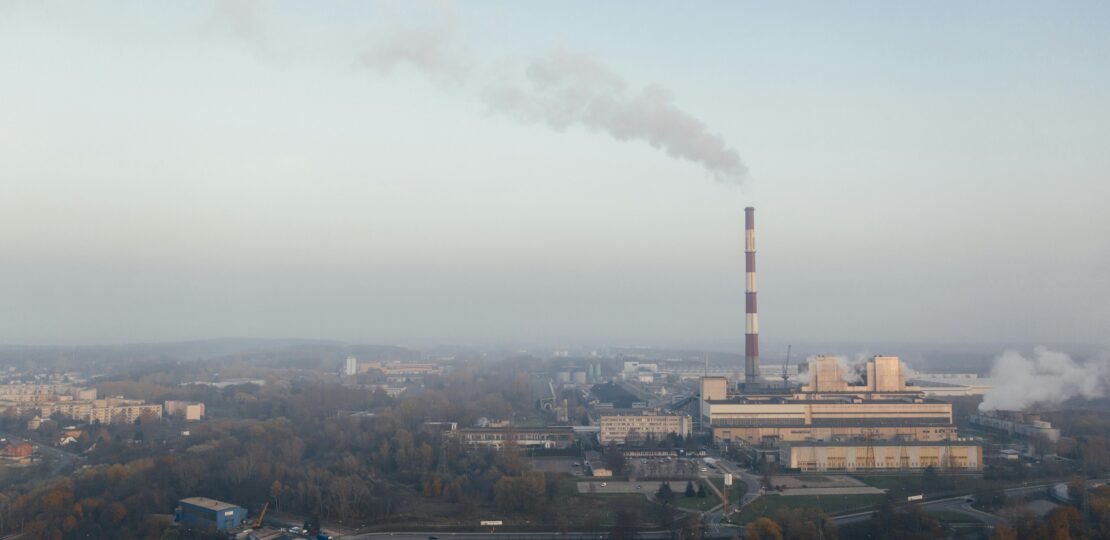Lydian: The Game-Changer in Aviation Fuel That Could Save the Planet
Jet Fuel’s Dirty Secret—and the Startup That’s Reinventing It
Jet fuel is the lifeblood of modern aviation, powering everything from commercial airliners to supersonic military jets. But here’s the kicker: it’s also a massive contributor to climate change, accounting for 2.5% of global carbon emissions. And as other industries go electric, aviation’s carbon footprint is only set to grow. But what if we could turn the tables and make jet fuel from the very thing we’re trying to eliminate—CO2? Enter Lydian, a startup that’s flipping the script on aviation fuel.
The Problem: Fossil Fuels Are Killing the Planet
Commercial aviation is a double-edged sword. It connects the world, but it also pumps out 1 billion tons of CO2 annually. And while electric planes are great for short hops, they’re a no-go for long-haul flights. That’s where Lydian comes in. They’re not just tweaking the system—they’re rewriting the rules of how we make jet fuel.
“We’re not trying to reinvent the chemistry. We’re making the equipment cheaper and more flexible.”
Joe Rodden, Co-founder & CEO of Lydian
How Lydian’s Tech Works: Turning CO2 into Jet Fuel
Lydian’s secret sauce? A highly efficient catalyst that transforms CO2 and hydrogen into jet fuel and oxygen. But here’s the genius part: they’re leveraging the cheap, abundant power from renewable energy sources like solar and wind. When electricity prices drop (which they often do with renewables), Lydian’s reactors kick into gear, producing fuel at a fraction of the cost.
- Cheaper Equipment: By running reactors part-time, Lydian eliminates costly components, slashing production costs.
- Flexible Operations: Their reactors can ramp up or down based on electricity prices, making the most of renewable energy’s price fluctuations.
- Competitive Pricing: At 3-4 cents per kWh, Lydian’s e-fuel is already on par with biofuels. And if prices drop further? They could outcompete fossil fuels.
Why This Matters: Beyond Commercial Aviation
Lydian isn’t just targeting airlines. The U.S. military, the world’s largest consumer of fossil fuels, is also in their sights. Imagine forward bases generating their own fuel on-site, powered by solar, wind, or even nuclear energy. No more vulnerable supply chains. No more lives lost transporting fuel. It’s a game-changer.
“In conflict zones, the willingness to pay for secure fuel is almost unlimited.”
Joe Rodden, Co-founder & CEO of Lydian
The Road Ahead: From Pilot Plant to Global Impact
Lydian’s pilot plant in North Carolina is already producing 25 gallons of e-fuel per day. Sure, that’s a drop in the bucket compared to a Boeing 737’s thirst, but it’s a 100x leap from their lab output. By 2027, they aim to have a commercial-scale plant up and running. If they can maintain this momentum, e-fuels could become the last hydrocarbon standing in a decarbonized world.
The Bottom Line: A Future Powered by CO2
Lydian’s vision isn’t just about saving aviation—it’s about saving the planet. By turning CO2 into fuel, they’re closing the carbon loop and paving the way for a sustainable future. The question isn’t if e-fuels will take off—it’s when. And with Lydian leading the charge, that future might be closer than we think.



